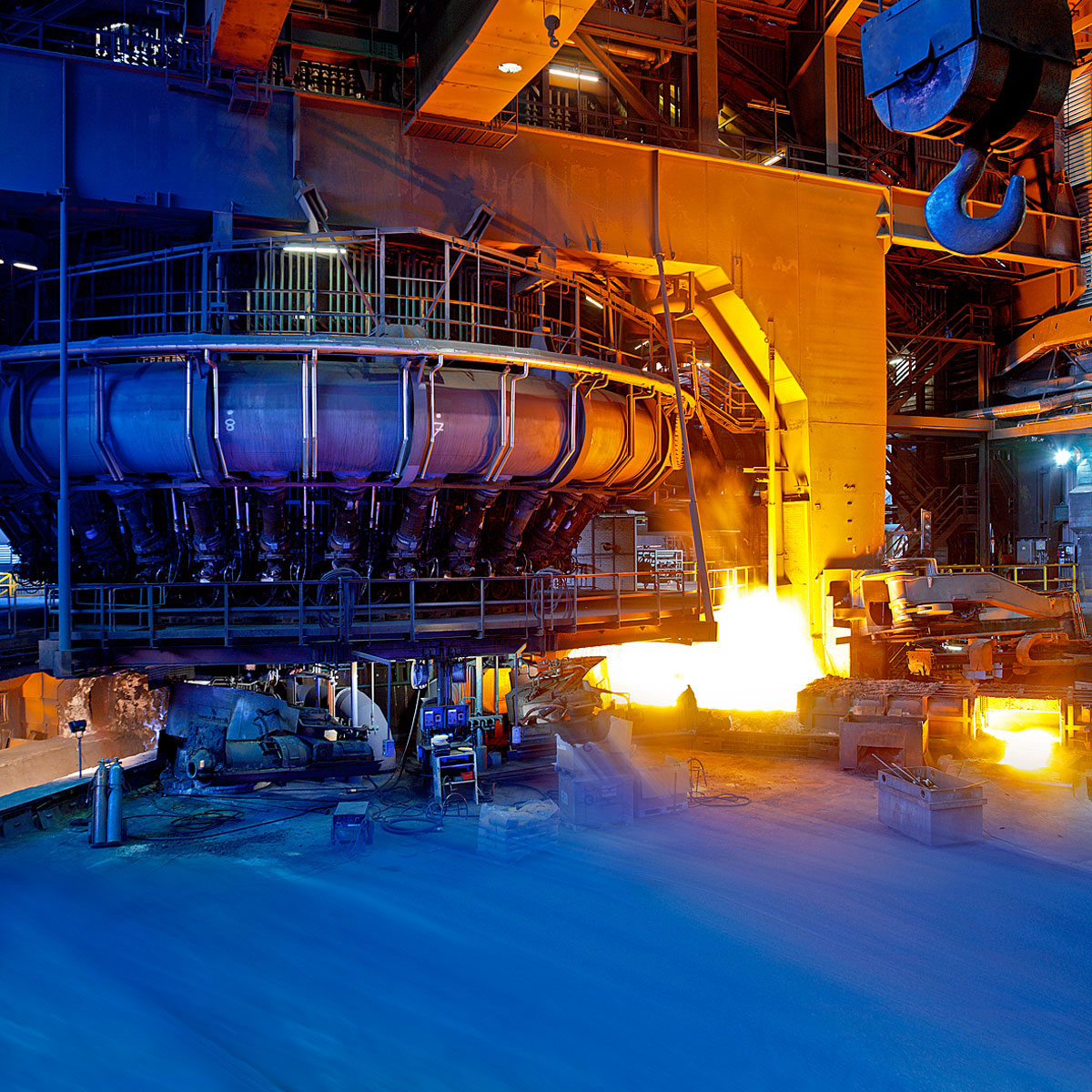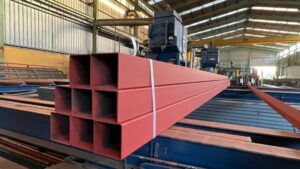Tata Steel Europe is ploughing ahead with the separation of its Netherlands and UK operations into distinct units to allow them to develop differently according to the conditions of each country, says Tata Steel Europe chief executive Henrik Adam. The firm is still considering electric arc furnaces for its Port Talbot works, but a final decision is yet to be made.
Speaking to the UK’s Business, Energy and Industrial Strategy Committee this week, Adam said Tata suffers from higher costs of doing business in the UK than in mainland Europe. However, decarbonisation offers an opportunity because it is the “option to neutralise the uncompetitiveness of assets across Europe, especially in the UK”, he commented.
Following the collapse of the proposed IJmuiden steelworks sale to SSAB in January, Tata “has decided to find a single option for the businesses in Europe under one Tata roof”, Adam said at the meeting monitored by Kallanish.
“We are continuing with the separation of both businesses because we think, also with decarbonisation ahead of us, it is useful to follow tracks of the business to allow the business to develop differently,” the ceo continued. “We have certain global customers, we buy also globally; however, steel markets are to a large extent local, and may I just refer to [the fact] that more than two thirds of our products produced in the UK remain the UK. And that’s why I think the way forward is being under one roof but on separated tracks … to allow to follow separate strategic options, for example on decarbonisation and sustainability.”
Asked why talks with UK government over Project Birch funding for Tata ended last year without result, Adam said: “My sense is government and also Tata recognise we need a longer-term solution to support a sustainable and decarbonised future for our business”.
On plans for EAFs at Port Talbot, he added: “The decarbonisation of our industry is a serious and complex matter. We are assessing … a large number of different options to decarbonise the industry. Certainly, EAFs are part of the potential solution but it is too early to comment what is the specific way we are proposing to decarbonise our business.”
Moreover, “it’s important to know that large-scale public funding of enabling infrastructure is a key, for example in hydrogen, and without that and knowing more details of that it’s very hard for us to come up with a final plan [on future investments],” he concluded.
At last week’s KallanishEurope Steel Markets virtual conference, Adam said steel demand and prices are forecast to remain structurally high, while supply and demand should become rebalanced post-Covid-19-impact at the end of this year.
Adam Smith Germany






